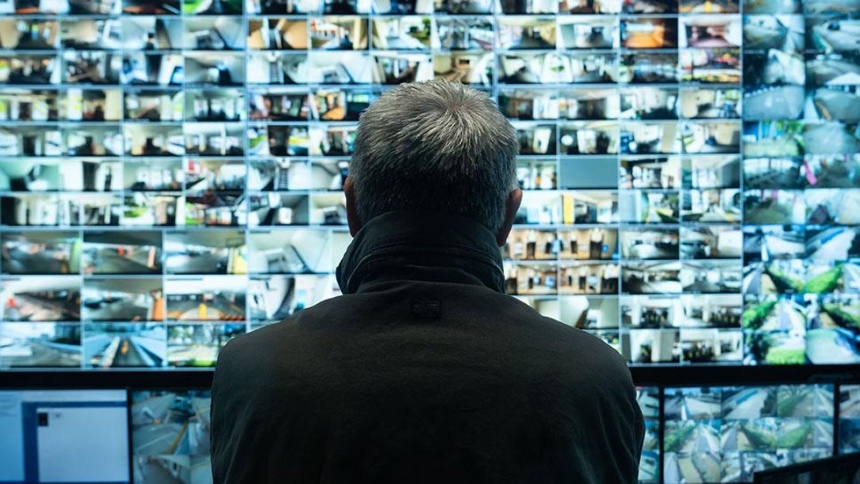New York 2024 Review: STRANGER EYES, Sex, Lies, and Videotape

When a little girl vanishes straight from the playground, her parents Junyang (Wu Chien-ho) and Peiying (Anicca Panna) start a search that doesn’t provide any leads.
That is, until they start getting DVDs with the footage of the family doing routine stuff together, shot in different public spots and, most disturbingly, through the windows of their apartment. After some sleuthing, they soon have a perfect suspect: their neighbor Wu (Lee Kang-sheng), a quiet loner who lives with his ailing mother and works as a manager at a supermarket, two clear strikes against him, according to the unspoken rules of the thriller genre. From then on, though, nothing in this film by Singaporean director Yeo Siew Hua really goes as the initial setup suggests.
Yeo Siew Hua is mostly known as the writer and director of A Land Imagined, the 2018 winner of the Locarno Film Festival, another thriller with a complex, non-linear narrative that greatly exceeds its kidnapping plot and forces the audience to watch it as closely as possible, almost to the point of surveillence. While his previous feature evoked the memories of David Lynch and gloomy industrial neo-noirs, Stranger Eyes takes over from Michael Haneke’s Caché, Kiyoshi Kurosawa’s Kairo, Steven Soderbergh’s filmography and any work that has touched upon the subjects of voyeurism and global alienation in the digital era.
Actually, the film's central idea was once pretty accurately articulated in The Watcher, a 2000 somewhat clumsy thriller featuring Keanu Reeves, James Spader and some excellent one-liners. In it, Reeves’ character waxes poetic about how it’s ironic that the more we all live cramped together and watching each other, the more we become invisible.
Of course, Reeves’ serial killer with a penchant for philosophizing meant that quite literally, while Yeo is natually more interested in the existential side of things. Questions of self-identity and the gradual losing of it in the world filled with CCTV cameras, 24/7 surveillance, live-streams, social media and endless content, dominate the narrative of his latest film.
The noirish feel of A Land Imagined soaks right into Stranger Eyes with its dusty, muted colors, mirrored characters and the distorted vision of the city where physical and digital realities are often indistinguishable. Then, there is Lee Kang-sheng, the constant collaborator of a contemporary classic, Tsai Ming-liang.
In Tsai’s cinematic canon, Lee has become the walking symbol of human loneliness in a big city, and this aura follows him into Yeo’s movie, giving us a deeper understanding of his almost silent character. Hideho Urata’s camera maintains the sense of slight disorientation, as does Yeo’s excellent script and the editing by Jean-Christophe Bouzy, known for his work on Raw and Titane.
The ideas behind the sophisticated aesthetics might not be brand new, as Yeo did write the screenplay more than ten years ago, but that only makes the film all the more relatable. After all, there are even more CCTV cameras around by now, and the quotes from Keanu Reeves’ characters still remain a big point of reference for how we perceive our reality.
The film enjoys its North American premiere at the New York Film Festival.







